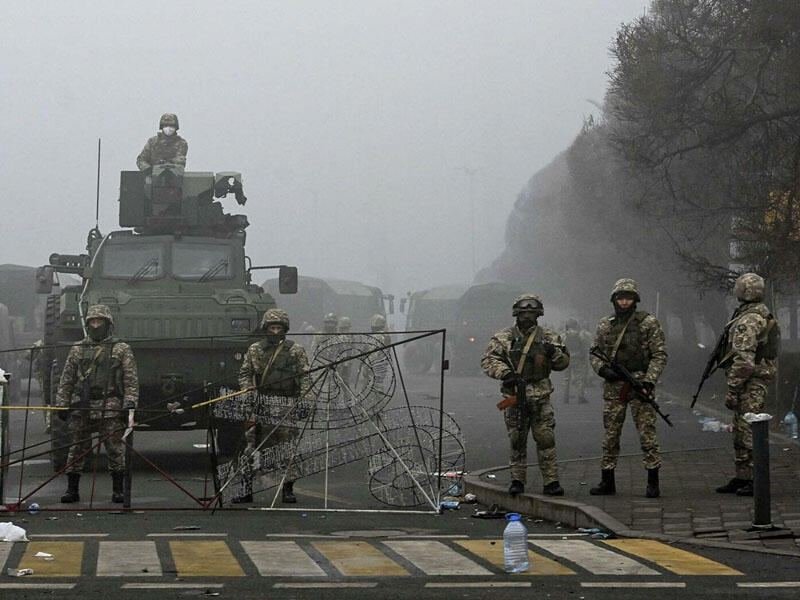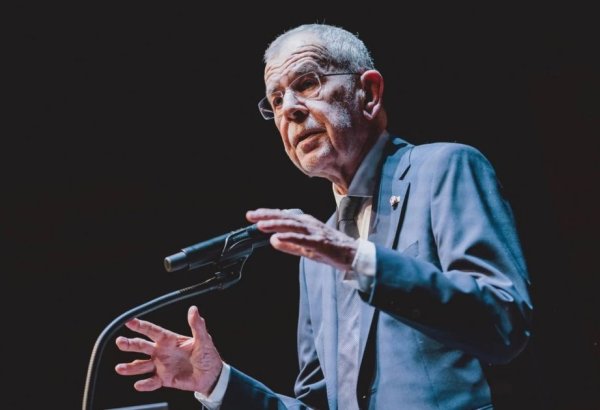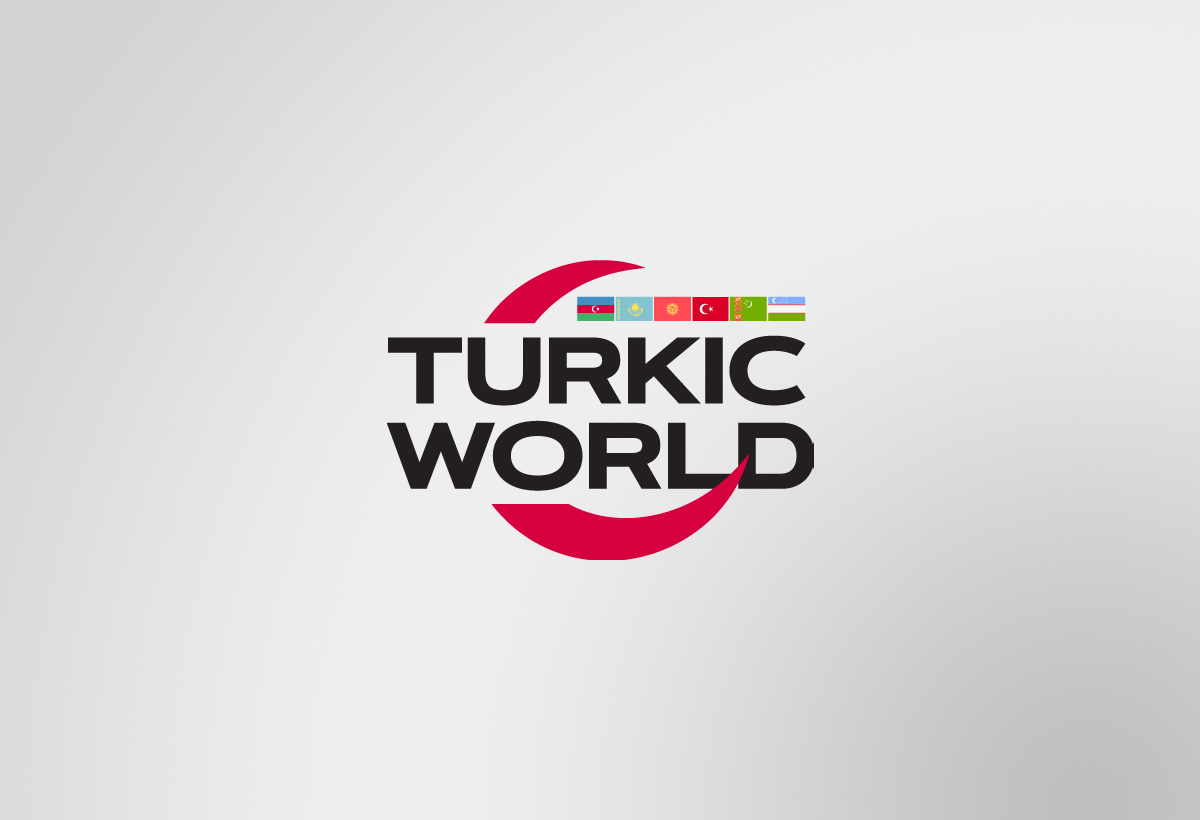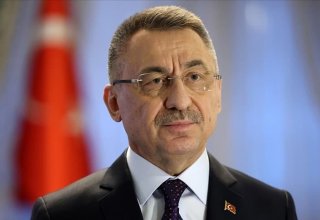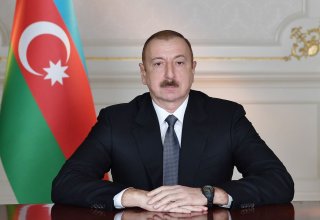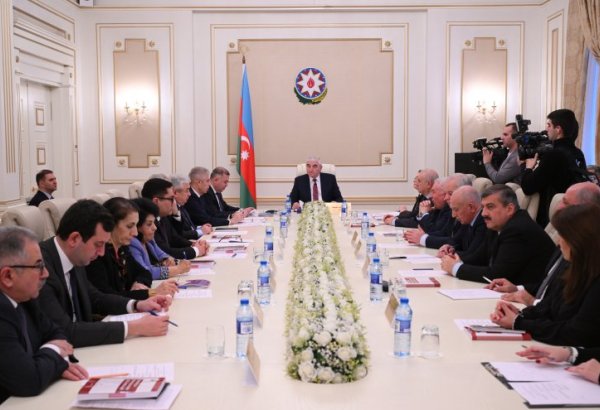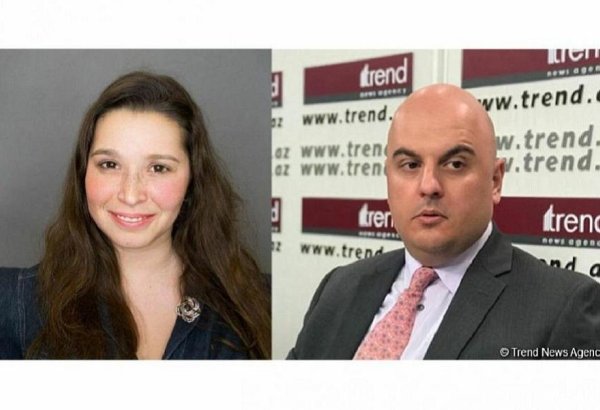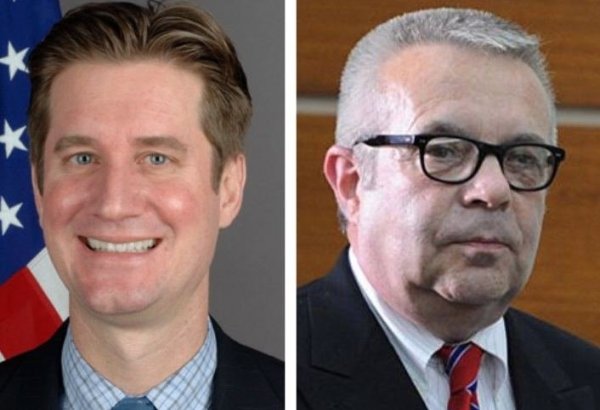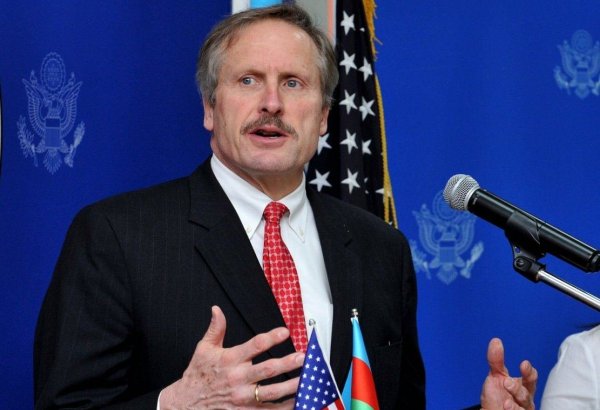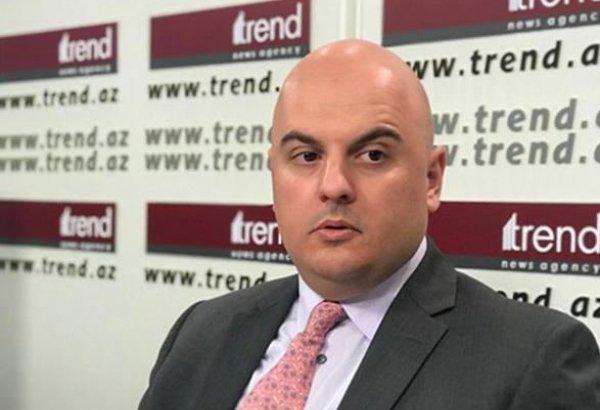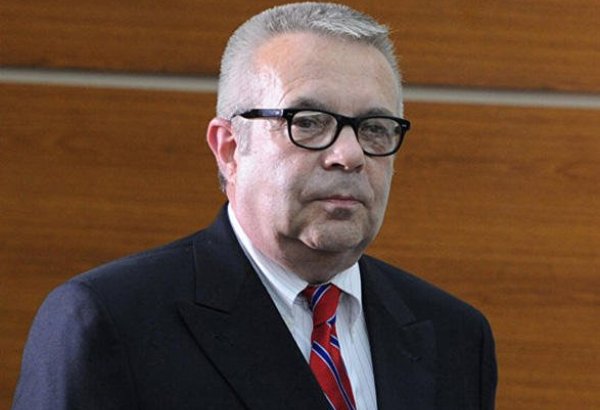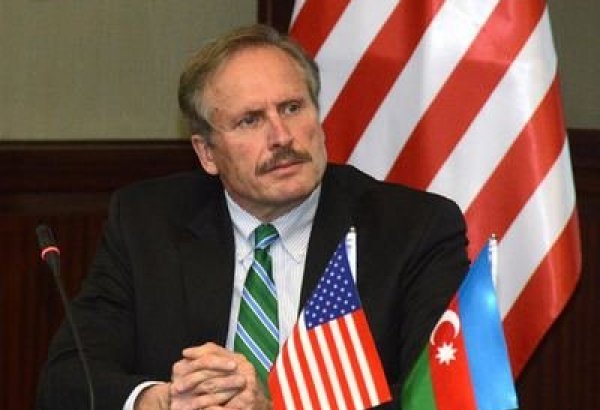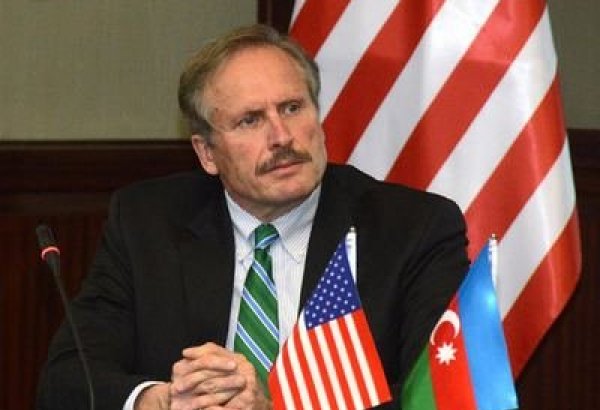On January 2, massive protests broke out in Kazakhstan against the doubling of gas prices. The protests began in the Mangystau region and quickly expanded into other regions of the country, with protesters expressing political demands. On January 4, riots broke out in Almaty city. President Tokayev announced a state of emergency all across the country, and on the morning of January 5, he accepted the resignation of the government. After Tokayev's appeal to the CSTO, the organization decided to send collective peacekeeping forces to Kazakhstan. They included units of the armed forces of Armenia, Belarus, the Kyrgyz Republic, Russia, and Tajikistan.
It should be noted that the CSTO charter does not allow interference in the internal affairs of the member states, and the collective defense mechanism is launched only in the event of an external threat to one of the allies. Given that Kazakhstan did not face a threat from outside, foreign experts believe that the presence of CSTO forces in Kazakhstan is illegal and presents a threat to the entire region.
Richard Hoagland, the former co-chair of the OSCE Minsk Group from the US told Trend that it’s a real eyebrow-raiser that the CSTO deployed troops for the first time ever and did so to put down a revolt in a member state, not to protect against an external-state invasion.
"This will make it harder for whatever government emerges in Kazakhstan to maintain the country’s multi-vector foreign policy that for decades has worked to balance Kazakhstan’s relations with Moscow, Beijing, Brussels, and Washington. Nevertheless, it’s important to respect that events are still developing and no one yet knows how this will all end. We wish the best for the people of Kazakhstan," he said.
Former US Ambassador to Azerbaijan Robert Cekuta said that the situation Kazakhstan, while still evolving, nevertheless raises a number of serious concerns.
"As you note, one of the worrying elements is the decision to bring in CSTO troops. It is important, therefore, that other countries, again in the region as well as in the west, reiterate and show support for Kazakhstan as it works through the current crisis," he said.
He noted that Azerbaijanis, given their own history, will especially understand this need.
"And I think the U.S. support for Kazakhstan, for Kazakhstan's integrity, independence, and sovereignty, comes through clearly in the remarks Secretary of State Blinken has been making since the situation in Kazakhstan turned violent," Cekuta concluded.
Peter Tase, US expert, strategic adviser on international affairs and public diplomacy to governments, universities, and corporations in Europe and the Americas, told TurkicWorld that CSTO's presence in Kazakhstan reminds kf the January 20, 1990 in Azerbaijan when Soviet troops entered the country.
"What see in Kazakhstan is just a domestic unrest without any foreign intervention. So, it turns out that the presence of CSTO forces in Kazakhstan is not legal and contracts its own Charter," he said.
"What would the democratic community of nations would think if we had NATO armed troops being sent to the streets of Paris, France to crash down the yellow vests protests in Belfort, France on December 2018," he added.
The CSTO today declares that the peacekeeping contingent will not participate in clashes with the population. In principle, for this, as the latest news from Kazakhstan shows, there is no need at all. After the deed was done CSTO troops entered the country - and the Kazakh security forces suddenly became more active, freed the airports and other facilities themselves, dealt with the hooligan crowd, began sweeping operations, and so on. The security forces of Kazakhstan could have stopped all this, for this they had every opportunity. Except for the order.








